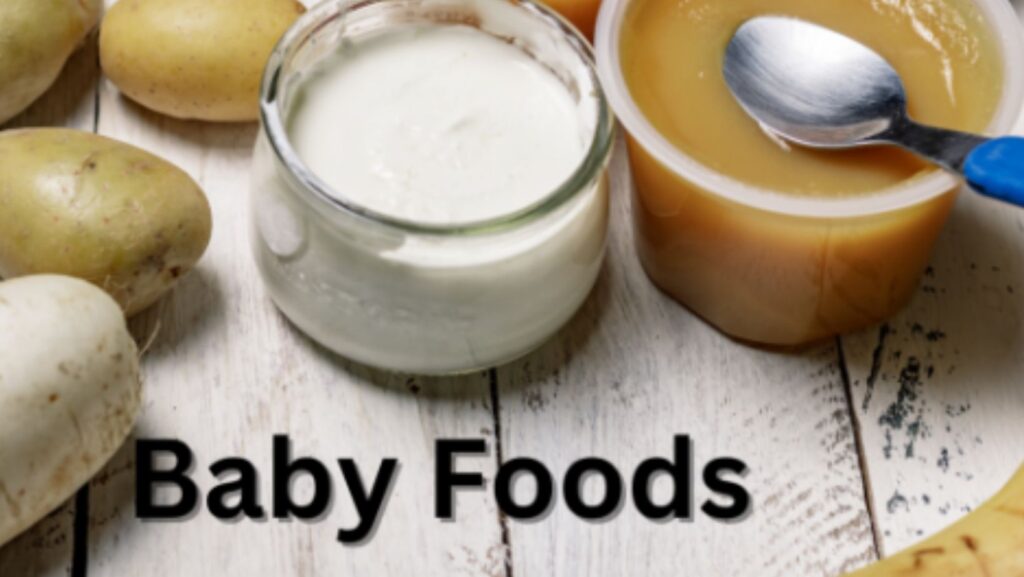Every parent wants to nourish their little one with the healthiest foods possible. As your baby embarks on their exciting culinary journey, the question of baby food products inevitably arises. This article aims to be a helpful guide, exploring the world of baby food and offering considerations for informed decision-making. Many brands have been sued for toxic baby foods. Contact Lawsuit Legal News to learn about these lawsuits and the baby food brands involved.
The Alarming Discovery
In early 2021, a congressional report revealed that several popular baby food brands contained dangerous heavy metals, including arsenic, lead, cadmium, and mercury. These toxins harm infants and young children, whose developing brains and bodies are more susceptible to damage. Prolonged exposure to these heavy metals can lead to severe health issues, including neurodevelopmental disorders such as autism spectrum disorder (ASD).
The Link Between Toxic Baby Food and Autism
Autism is a complex developmental condition that affects communication, behavior, and social interactions. While the exact causes of autism remain unclear, research suggests that genetic and environmental factors play a significant role. The exposure to heavy metals found in baby food is a concerning ecological factor that has prompted extensive investigation.
Studies have shown that even low levels of these toxic metals can impair cognitive function and contribute to behavioral issues. The neurotoxic effects of heavy metals can interfere with brain development, potentially leading to conditions like autism. Though still under scientific scrutiny, this connection has catalyzed numerous lawsuits against baby food manufacturers.
The Toxic Baby Food Lawsuit
The revelations of high levels of toxic metals in baby food have led to lawsuits against major manufacturers. Parents and advocacy groups have accused these companies of negligence and failure to ensure the safety of their products. The lawsuits argue that manufacturers were aware, or should have been, of harmful substances in their baby food but failed to take adequate measures to address the issue.

One notable lawsuit is the class-action case against several prominent baby food brands. Plaintiffs in these cases claim that their children developed autism and other health issues due to the consumption of contaminated baby food. These lawsuits seek compensation for medical expenses, pain and suffering, and punitive damages to hold companies accountable for their alleged misconduct.
Industry Response and Regulatory Actions
In response to the growing concerns and legal challenges, some baby food manufacturers have pledged to take corrective action. These include enhancing testing protocols, sourcing safer ingredients, and improving transparency about the contents of their products. However, many parents and advocacy groups argue that these measures are too late.
Regulatory bodies like the Food and Drug Administration (FDA) have also faced criticism for handling the situation. Critics argue that existing regulations and oversight are insufficient to protect infants from harmful substances in baby food. In light of this, there have been calls for stricter standards and more rigorous testing requirements to ensure the safety of baby food products.
What Parents Can Do
As parents, it can be overwhelming to navigate these troubling revelations. However, there are steps you can take to protect your child from potential harm:

- Stay Informed: Read the latest news and research on baby food safety, follow reputable sources, and stay updated on any recalls or warnings issued by regulatory agencies.
- Read Labels Carefully: Examine the ingredient lists and nutritional information on baby food packaging. Look for products prioritizing organic and natural ingredients without added preservatives or artificial additives.
- Choose Trusted Brands: Opt for baby food brands with a proven safety and transparency track record. Research and choose companies that conduct rigorous contaminant testing and are committed to high-quality standards.
- Consider Homemade Baby Food: Making baby food at home can be a safer alternative, as it allows you to control the ingredients and preparation methods. Use fresh, organic produce and follow safe food handling practices to minimize the risk of contamination.
- Advocate for Stricter Regulations: Join advocacy groups pushing for stronger regulations and better enforcement to ensure the safety of baby food products. Your voice can help drive change and hold manufacturers accountable.
Conclusion
Providing your baby with the healthiest foods is critical to supporting their growth and development. A well-informed approach is crucial whether you choose commercially prepared baby food, homemade purees, or both. Parents can confidently navigate this exciting phase of their child’s culinary journey by understanding each option’s advantages and considerations.

